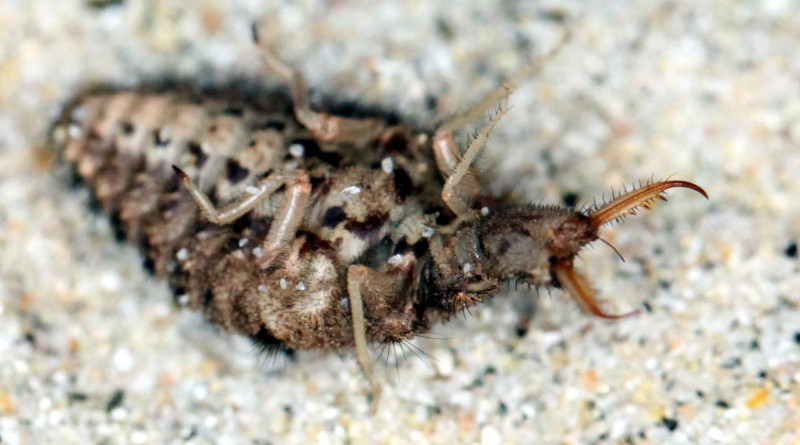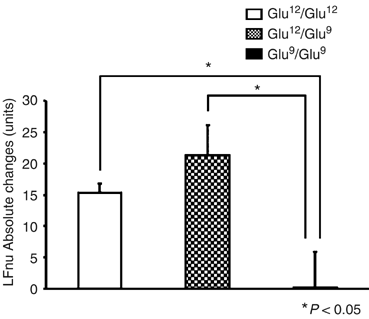
- Select a language for the TTS:
- UK English Female
- UK English Male
- US English Female
- US English Male
- Australian Female
- Australian Male
- Language selected: (auto detect) - EN
Play all audios:
Many animals remain motionless or play dead after being attacked by a predator in the hope that it will give up and move onto some other unfortunate prey. A team of scientists from the
University of Bristol has been studying this phenomenon in antlions considered to one of the fiercest predators in the insect kingdom. Their findings, which appear today in the journal
_Proceedings of the Royal Society B_, suggest that studying the duration of such immobility may provide a new understanding of predator-prey relationships. Professor Nigel Franks, from the
School of Biological Sciences, led the research. He said: “Lots of animals play dead in extreme danger. Examples include possums, certain birds, and woodlice. “Even humans may play dead in
extremis. However, to the best of our knowledge, no one before us has asked the question how long should a potential victim ‘play possum’?” The Bristol team discovered that playing dead in
antlion larvae is highly strategic – remaining motionless for completely unpredictable periods. Hence, a predator cannot predict how long its potential prey will remain inactive. Professor
Franks added: “This is a strategy that should test to destruction the patience of a potential predator and has probably saved countless antlions from their fate. “Our work shows a new way
forwards for studies of predator evasion: namely, the importance of quantitative and analytical approaches focusing on how behavioural acts can be strategically timed.”








